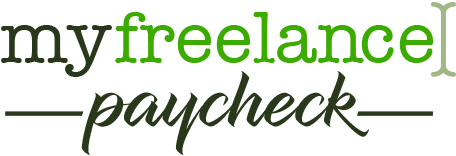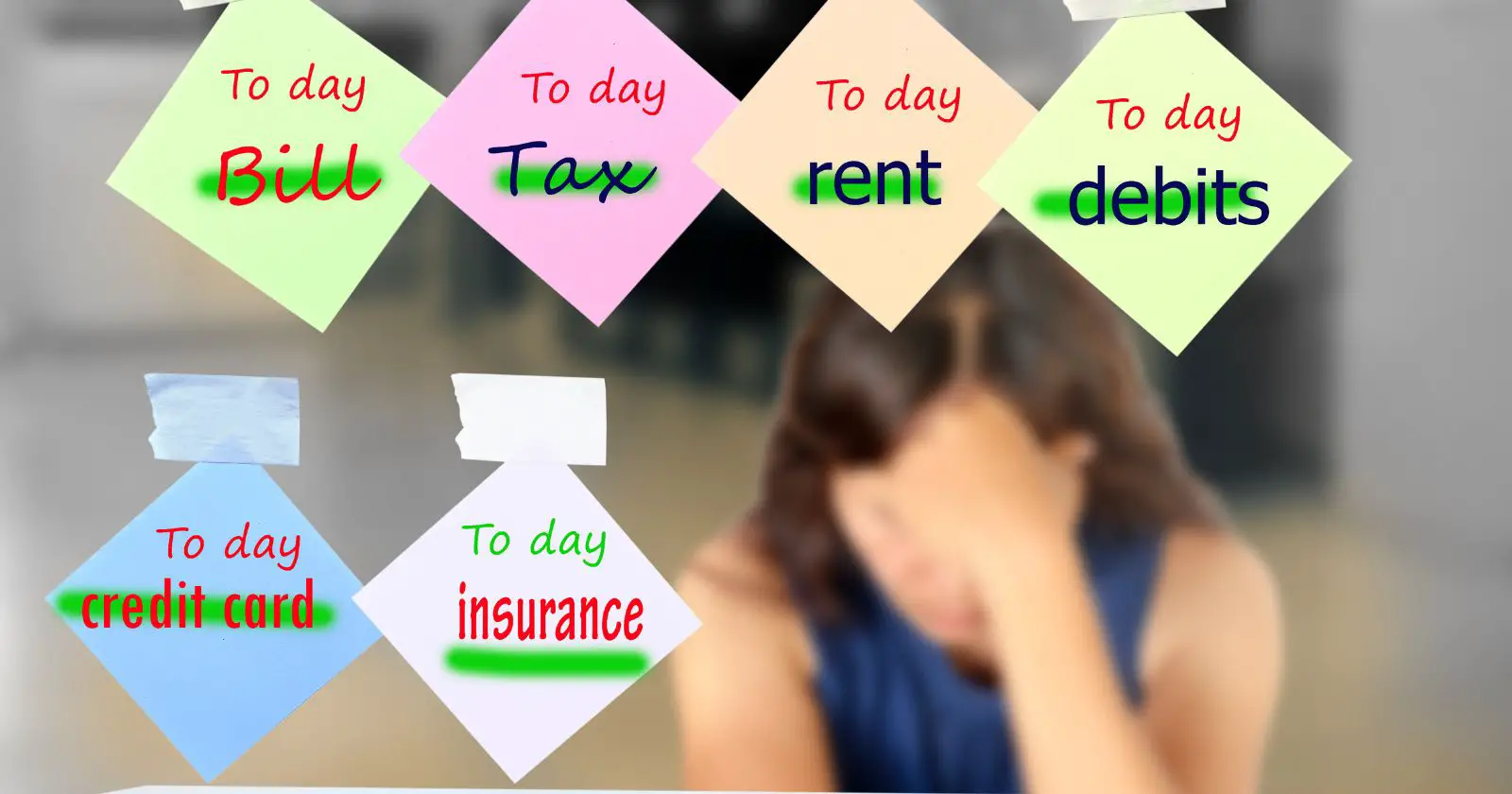My own journey started and stopped a few years ago when I succumbed to defeatism. It wasn’t until a year ago that I told myself I had what it takes to succeed as a freelancer.
Since then, I’ve earned almost $25,000 and am well on my way to turning a “side” pot income into the main course.
How have I played the game? Here are a few tips.
1| Develop a minimum viable portfolio.
A big fear of mine when I started freelancing was that I didn’t have a beefy portfolio. Actually, I had no portfolio.
I’m a writer and was previously teaching high school English language arts, so unless clients wanted examples of argumentative essays that I gave my students, I was out of luck.
Turns out they didn’t want those essays.
However, I learned pretty fast that you can secure work without a portfolio that’s busting at the seams.
What’s really important is creating viable work for a client to review. That is, an example of something that relates to the client’s project.
Does it have to be a job you’ve previously done? Absolutely not!
Take an objective look at the client’s project and create a basic example of something that plays in the same ballpark. Boom. M.V.P.
To discover how to make a GREAT portfolio and more, check out ‘My Freelance Paycheck’.
2| Ignore the internet cynics.
What I’ve learned from extensive research about freelancing is that all of the internet cynics on Reddit and other forums who tell you that freelancing is “impossible” and “You’ll never make a full-time income from it” and “Be ready to work an 8-5 until you die” are the people who gave up.
Honestly, they’re me circa 2-3 years ago.
They gave a piecemeal approach for way too short of a time, threw in the towel, and rooted themselves on the World Wide Web to discourage others.
Because hey, if they can’t succeed, why should anyone else?
Don’t listen to them.
3| Decide what projects work for you.
Search for projects that you enjoy doing and/or are good at. This can apply to the type of project or content.
For me, I’ve managed to be a bit of a generalist when it comes to topic. However, I’ve learned through trial and error (turns out I’m really bad at writing greeting cards) that I enjoy short-form and long-form article/blog writing.
So, I do actively seek these projects out. Why spend a bunch of time doing something that makes you miserable?
To get started with Freelancing, following a proven blueprint… Check out ‘My Freelance Paycheck’
4. Avoid pro bono work.
Some freelancers will disagree with me on this, but I never do work for free.
If you’re charging a client an hourly rate, think of it like a normal full-time job. What if your boss came to you and said “Hey Joe, I’m going to need you to work three hours past your shift today, but we can’t pay you. Thanks.”
There’s the argument that doing pro bono work creates a better freelancer-client relationship. If that’s the case, then I don’t want to be part of that union.
Any client who wants pro bono work is not a client I want to work with. Pro bono work says to me “I don’t value your skills and services.”
Now, have I ever thrown in a freebie here or there with good clients?
Sure. In long-lasting relationships, I’m more than willing to occasionally throw in something extra because I know the client, enjoy the project(s), and he/she has paid me a fair amount for working on said project(s).
5. Start modest, grow exponentially.
You may find yourself taking small or low paying jobs in the beginning.
That’s okay. Just be prepared to grow, and if the going’s good, don’t be afraid to grow fast.
If you’re throwing project after project under your belt, there’s no reason not to raise your rates.
The more seasoned you become, the more confident you should be in negotiating all-star rates for your all-star services.
6. Learn how to market yourself.
Difficult, but necessary.
There’s plenty of job sites you can use that act as a middle-man between you and clients.
Upwork, for example, has netted me much success (and I could write a completely different article about why Upwork isn’t the evil service it often gets a rep for as long as you know how to use it).
That said, you never want to throw all your eggs in one basket. Marketing is clutch.
Luckily, if you find yourself in the dark, there’s plenty of free content online to help you become a marketing pro. Start with My Freelance Paycheck, it has a comprehensive step-by-step guide, created by Laura Pennington, who makes over $3,000 per week as a freelancer. Check it out here: My Freelance Paycheck
7. Set up a professional website.
Setting up a professional website is part of the marketing process. It helps get your good name out on the block and should be treated appropriately.
I use Squarespace for my own site, but there’s plenty of other options available to you depending upon your style, user interface, and payment preferences.
If you’re just starting out, think basic here.
You don’t need something akin to a 2004 Myspace page that takes fifteen minutes to load because of all the gadgets and gizmos you have playing together on the homepage.
A brief bio, a sampling of projects, and a way to contact you will do just fine.
8. Treat your work like work.
Lots of people (my friends included) seem to think that freelancing involves sitting on the beach with a piña colada and typing a few words here and there.
Could I do my work on the beach? Yes, until my laptop died. Will I? Probably never.
In order to be successful in freelancing, I’ve found that the job has to be treated like just that: A job. Freelancing affords you the luxury of dictating your own schedule (and, particularly, having flexibility with when you choose to work), but if you don’t have a schedule, you will fail.
Simple as that.
Treat your freelance career like a career, set a schedule, and adhere to this schedule daily.
9. Value your services, and make sure others do the same.
I mentioned earlier that Upwork sometimes gets a bad rep, and I think this is because for every great client, there’s the client who wants a 30,000 word E-book and is only willing to pay $100 for it.
But you know what?
People apply for the job; and while I understand that money is different around the world, there needs to be value in your services.
If you propose a fair rate to a client and they’re unwilling to pay that rate, it’s not the end of the world if you walk away.
If you want freelancing to become your livelihood, then take stock in that livelihood and don’t accept jobs below your value.
And as you become more entrenched in the freelancing world and build great relationships with clients, that value is only going to rise.
10. Persist.
It goes without saying, but the freelancing grind is about persistence.
Learn from my mistakes – I’ve enjoyed every step of my freelancing journey over the past year, but I could’ve captured this life earlier.
The problem? I didn’t persist.
I let the internet trolls get inside my head, put forth a weak effort in trying to claim jobs, and then retired into a waning sunset.
Freelancing isn’t easy, but if you have the skill, the passion, and the drive, it might be a worthwhile venture for you. Good luck!

To get started with Freelancing, following a proven blueprint…Check out ‘My Freelance Paycheck’







